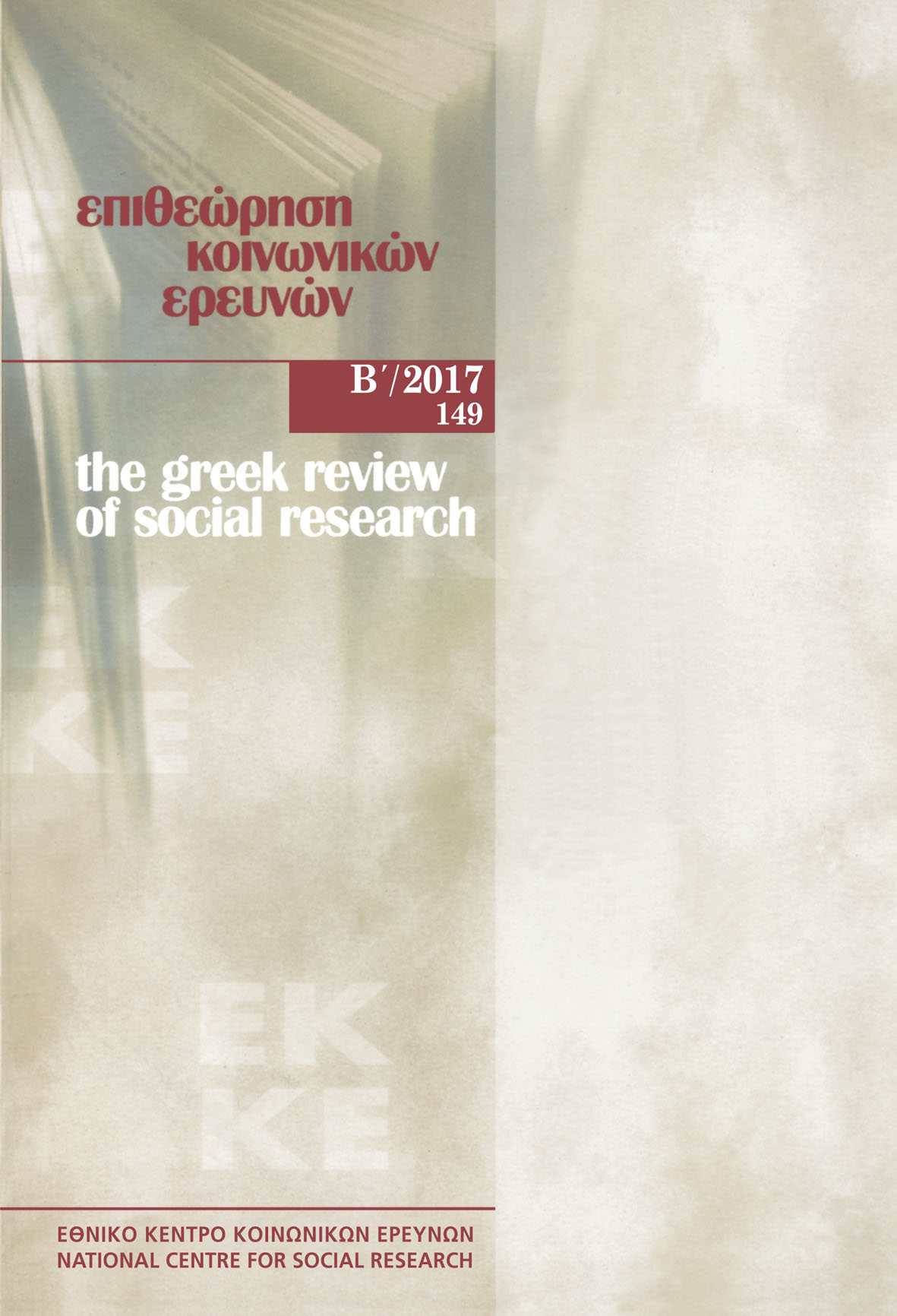Negotiating displacement: Acting and reacting against urban segregation in Bogotá, Colombia

Abstract
Can public space in a global South city such as Bogotá be regenerated so as to become classless or neutral? To what extent and through which means can forcibly displaced people become claimants of their right to remain in Bogotá? Based on fieldwork carried out in Bogotá between April and December 2012, and drawing upon the experience of internally displaced people (IDPs), this article examines the achievements of the city’s regeneration. The displaced persons’ narratives bring to the fore the persistence of spatial scales organized along the lines of race, ethnicity and class, and show how the overlapping of these scales with the model of centralities that the city strives to implement, shapes IDPs’ subjectivities and participates in constructing their socio-spatial segregation. Therefore, I explore some practices through which this population circumvents cultural homogenization and mechanisms of segregation. Furthermore, drawing on the concept of acts of citizenship, I analyze some IDPs’ public demonstrations, and their networking with social movements. I argue that IDPs have achieved to disrupt a spatial order that worked to hide the plight of their displacement. In doing so, they have taken back the center of the city as the locus of political struggle and have positioned their right to remain in Bogotá at the center of the public debate.
Article Details
- How to Cite
-
Garzón Ramírez, S. (2018). Negotiating displacement: Acting and reacting against urban segregation in Bogotá, Colombia. The Greek Review of Social Research, 149, 41–56. https://doi.org/10.12681/grsr.15811
- Section
- Articles

This work is licensed under a Creative Commons Attribution-NonCommercial 4.0 International License.
Authors who publish with this journal agree to the following terms:
- Authors retain copyright and grant the journal right of first publication with the work simultaneously licensed under a Creative Commons Attribution Non-Commercial License that allows others to share the work with an acknowledgement of the work's authorship and initial publication in this journal.
- Authors are able to enter into separate, additional contractual arrangements for the non-exclusive distribution of the journal's published version of the work (e.g. post it to an institutional repository or publish it in a book), with an acknowledgement of its initial publication in this journal.
- Authors are permitted and encouraged to post their work online (preferably in institutional repositories or on their website) prior to and during the submission process, as it can lead to productive exchanges, as well as earlier and greater citation of published work (See The Effect of Open Access).


